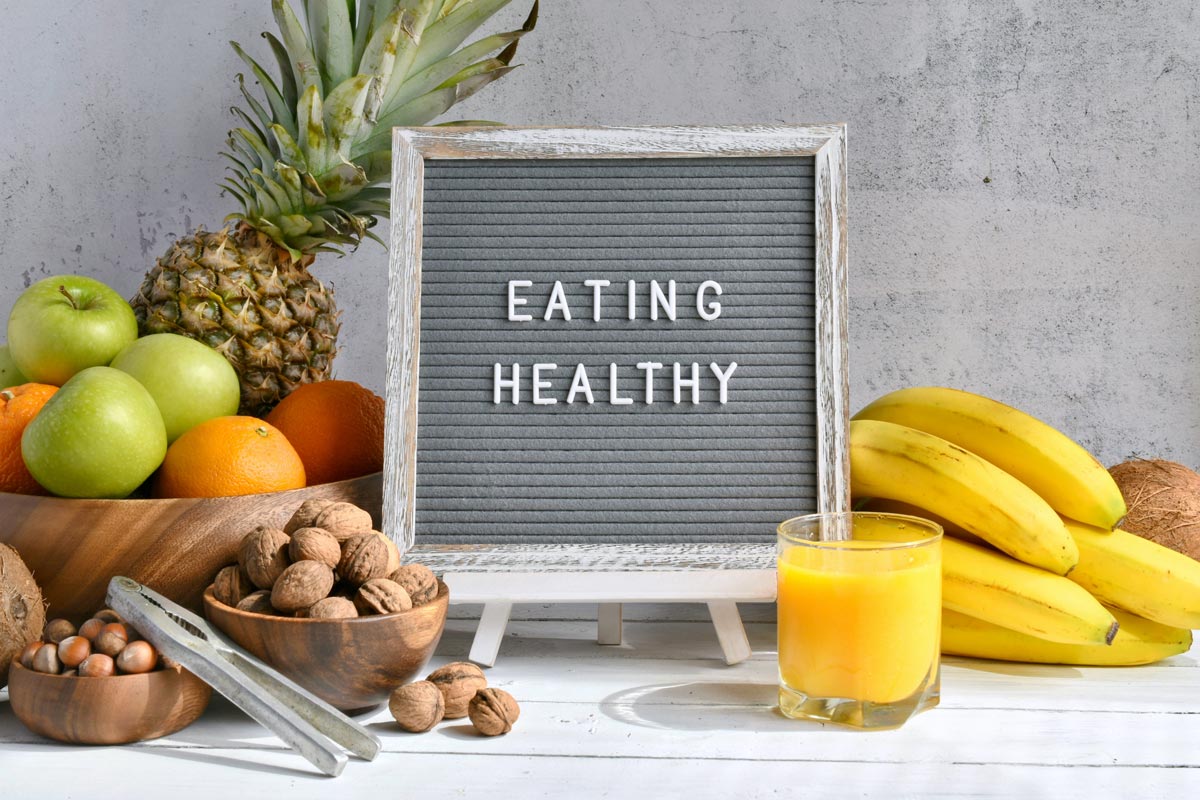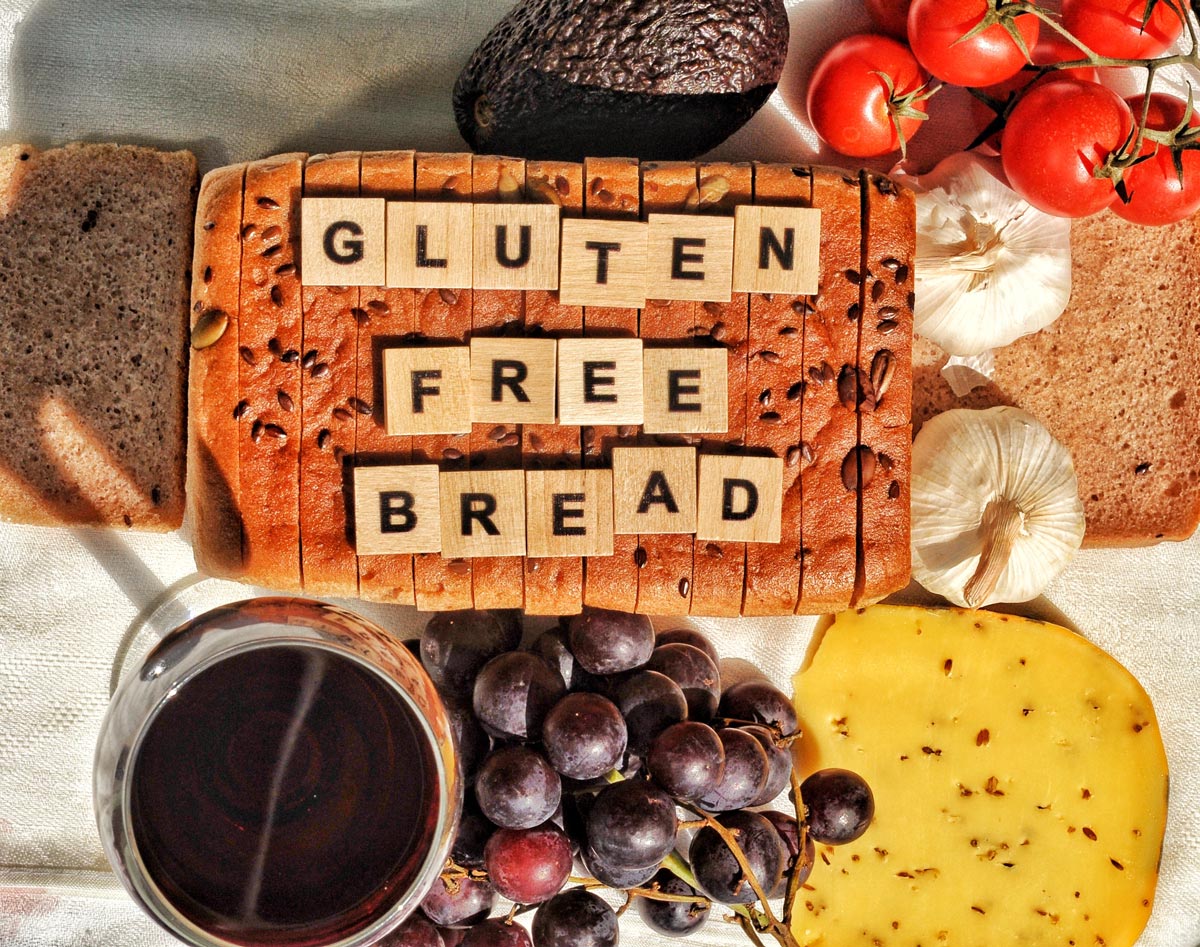Cooking involves good time management, recipe reading, fine motor coordination and planning among other skills. In fact, learning to cook can be a bit intimidating. Are you ready to get in the kitchen or build upon your cooking skill set? Here are some ways to increase your cooking repertoire:
1. Sharpen Your Knife Skills
Knife skills are a basic essential of cooking, but will also help keep you safe in the kitchen. The proper and efficient use of knives can help shorten prep time. Knife skills include learning how to grip the knife, knowing the names of the various types of knives and learning the different cutting techniques. The sharpening, care and storage of knives are often forgotten, but important aspects of learning about knives. Hands-on experience can be gained from knife skills courses at local cooking schools or sharpened up by watching some online knife skills videos.
2. Freshen Up on Food Safety
Preventing food illness is a key responsibility when cooking for yourself and others. Food safety is to cook what wearing a seatbelt is to learning to drive. Food safety involves handwashing, preventing cross-contamination, knowing about food storage and adhering to proper cooking temperatures. The U.S. Food and Drug Administration provides comprehensive bilingual information on food safety at home on their website (www.fda.gov).
3. Perfect A Signature Recipe
With cooking as with any other type of skill, practice pays off. Instead of learning to cook various types of dishes and cuisines, consider mastering one dish at a time. Knowing how to cook just one or a few recipes really well can help build confidence. Plus, when you cook a dish numerous times you can work out any kinks and increase time efficiency.
4. Dive into Cookbooks
Successfully preparing a dish is not always easy. Recipes offer an extra assurance that the dish will turn out right, especially if the steps and ingredients are followed correctly. Cookbooks offer endless ideas and inspiration for cooking. Whether you are interested in an easy weeknight meal or an elaborate dish for a special occasion, there is a cookbook for you. There are cookbooks geared towards recipes for special diets for disease management or prevention. Reading and cooking from recipes is a helpful part of the process of learning to cook and advancing cooking skills.
5. Take Time to Experiment
While it’s rewarding for recipes to turn out well, don’t let fear of failing stop you from experimenting or trying something different or unusual. Cooking is a science. By repeating the process with variations in ingredients or technique, for example, knowledge gained improves the final outcome over time.




